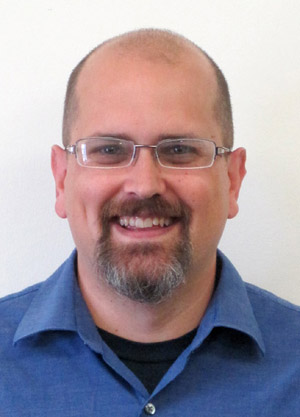As we make progress toward ISO 9001, Equilibar Operations Manager David Reed shares some thoughts on the importance of honest feedback
Every company says they are customer oriented, but what does that mean?
I’ve spent a lot of time over the past year thinking about this question and how the concept of being customer oriented can be turned into reality. The truth is that the only way we can know how our customers feel about our products and services is by asking them about their own personal experience with Equilibar.
In the past few months, we’ve been using surveys at three different stages of customer contact. So far, the response has been great. I actually look forward to reading each and every survey entry. I’ve never been so happy to hear a complaint because it is an opportunity to get better.
Getting better is termed ‘continuous improvement’ in ISO9001 lingo. As we make progress toward being certified to the latest ISO standard, these surveys will play an important role.
From the first phone call you make through your 100th order with us, I want your entire experience to keep getting better and better.
If you’ve received a survey from us, please help us complete our mission by taking three to five minutes to fill it out. Beyond that, I personally invite you to get in touch with me or any other member of our customer response team at any time. We honestly welcome your feedback.



